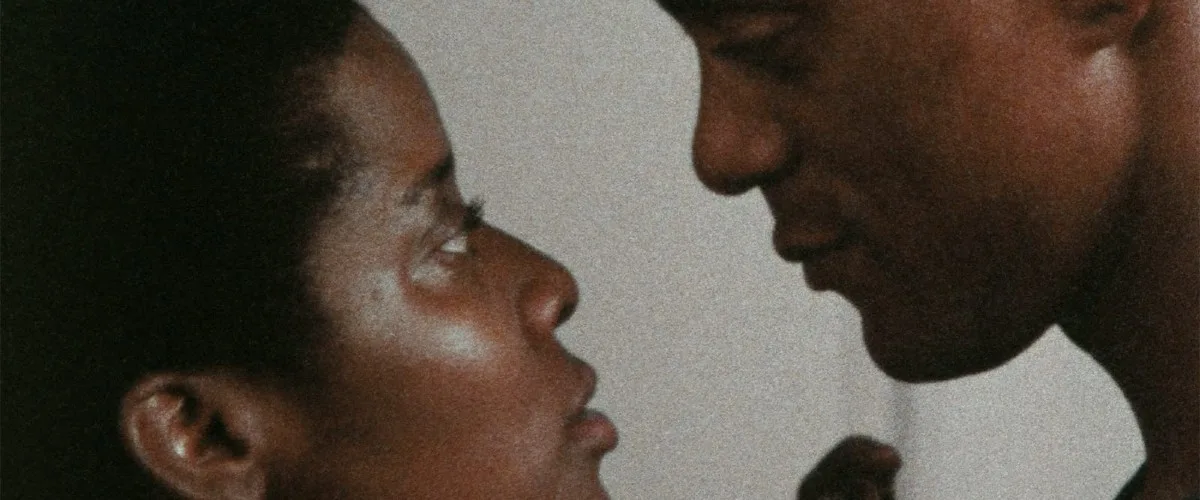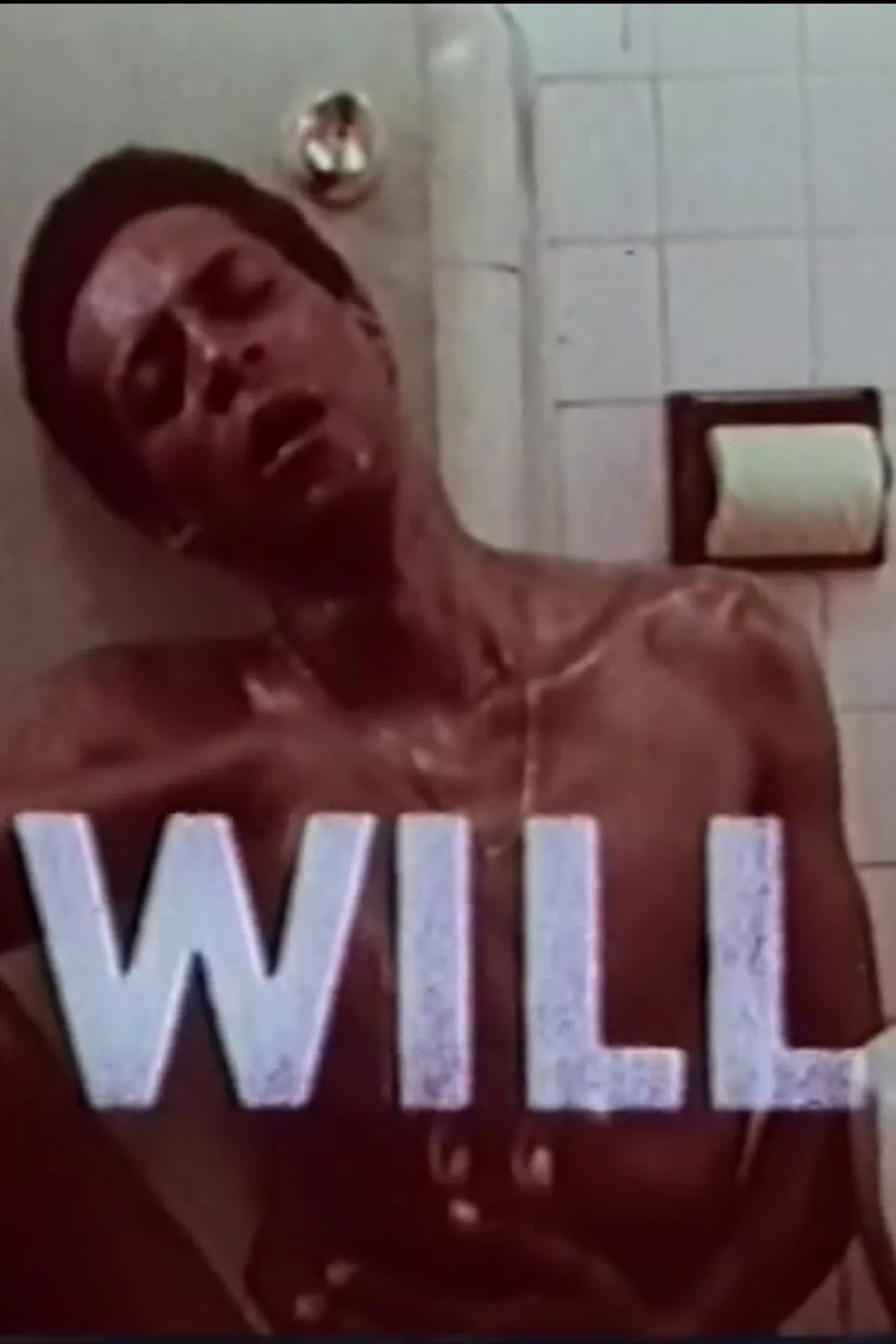Regardless of what the reactionary forces tirelessly at work in our culture manage to pull off, the 21st century has been quite remarkable for redefining what and from whom we consider “important cinema.” Not only have tremendous inroads been created against great resistance (even cinematography, which has long been, among the crafts, an impregnable stronghold for the Old Boys Club, is perilously close to the beginning of gender parity), but progress has been made in terms of films all but forgotten due to weaponized neglect.
Put another way, the important work in making film culture more equitable lies not just in ensuring that people have the same opportunities for a career, regardless of race and gender, in the future. It also, and more critically, rests on unearthing the trailblazers who have been forgotten. Many of our “firsts” have already happened. When Jesse Maple passed away in 2023 at the age of 86, her name was unknown to many, including myself. But upon reading her obituary, it was clear she was yet another unsung pioneer who just missed being rediscovered. This drive to un-forget our elders has led to the restoration of her first feature, 1981’s “Will.”
The immediate and obvious temptation is to try to link Maple’s feature debut (she also co-wrote the screenplay, developed the story, and co-produced the film with her husband, LeRoy Patton, who shot the film) to the L.A. Rebellion. And there are similarities. Maple has an eye for Harlem that recalls the Rebellion filmmakers’ ability to show us an L.A. that Hollywood ignored. It would be cliche to say that Harlem is a character in “Will,” but it wouldn’t be wholly inaccurate. It would be more apt to say we are unused to seeing Harlem through the gaze of someone who lived there and loved it.
Maple’s influences may be less eclectic than Charles Burnett’s, but her film is in many ways the sad, inevitable next chapter after “Killer of Sheep.” “Will” focuses squarely on addiction and how it ravages the Black Community that just ten years ago seemed to be on the precipice of a golden age. The late Obaka Adedunyo plays the titular character, a once-promising basketball rising star whose potential evaporated in the spoon he used to cook his heroin.
Will’s long-suffering wife Jean (played by Loretta Devine in her motion picture debut) has reached her proverbial limit, and Will begins his journey of rehabilitation. In keeping with the times, Will turns to the church for guidance. Maple films the church sermons in a particular way. The question of faith has always put Black indie filmmakers on a tightrope. The ambivalence Black filmmakers bring to their depictions of the church mirrors conversations within the community itself. Maple is carving out a space for faith that’s more complex than either Come-to-Jesus platitudes or scornful pessimism. The final scene raises more questions than it solves about the church’s ability to stop an inevitable tragedy from unfolding.
The editing is quite striking in the film (the credited editor is Willette Coleman, though Maple herself was a trained editor as well as a cinematographer, so she very likely had a major hand in the film’s editing). The film’s jump cuts and jarring flashbacks turn Will’s inner turmoil into something we feel rather than merely see. At other times, Maple prefers long takes, but most likely some of that was done to stay within the film’s modest budget.
“Will” is at times uneven. Addiction is a devilishly hard subject for filmmakers to make interesting when we have seen so many of these narratives, and they only end one of two ways. The third act tragedy, which will probably land this film in a future edition of American Cinematheque’s Bleak Week, smacks a bit too much of trite melodrama. But Maple and her team succeed in giving us a compelling self-portrait of Harlem, which is still a pretty rare thing to see. She also tells the story of how so many souls were lost between the giddy optimism of the early ’70s and the harsh dawn of Reagan’s morning in America.




















